Unsettling
Unsettling
Jews, Whiteness, and Incest in American Popular Culture
ELI BROMBERG
Rutgers University Press
New Brunswick, Camden, and Newark, New Jersey, and London
Library of Congress Control Number: 2020004941
A British Cataloging-in-Publication record for this book is available from the British Library.
A version of was previously published as Incest, Exogamy, and Jewishness on Roseanne, in Shofar: An Interdisciplinary Journal of Jewish Studies, vol. 35, no. 1, 2016, pp. 128; copyright Purdue University Press.
Chain. Copyright 1978 by Audre Lorde, from The Collected Poems of Audre Lorde by Audre Lorde. Used by permission of W. W. Norton & Company, Inc.
Excerpt(s) from The Color of Water by James McBride, copyright 1996 by James McBride. Used by permission of Riverhead, an imprint of Penguin Publishing Group, a division of Penguin Random House LLC. All rights reserved. Non-exclusive UK and Commonwealth excluding Canada permission provided by Bloomsbury Publishing Plc.
Excerpts and images from the Henry Roth Collection, AJHS Archives P-694, and the Henry Roth Papers, AJHS Archives P-702, American Jewish Historical Society, NY, used by permission of the Henry Roth Literary Trust. Images used courtesy of the American Jewish Historical Society.
Copyright 2021 by Eli Bromberg
All rights reserved
No part of this book may be reproduced or utilized in any form or by any means, electronic or mechanical, or by any information storage and retrieval system, without written permission from the publisher. Please contact Rutgers University Press, 106 Somerset Street, New Brunswick, NJ 08901. The only exception to this prohibition is fair use as defined by U.S. copyright law.

The paper used in this publication meets the requirements of the American National Standard for Information SciencesPermanence of Paper for Printed Library Materials, ANSI Z39.48-1992.
www.rutgersuniversitypress.org
Manufactured in the United States of America
For Leroy Lewis
In November 2014, less than a year after Dylan Farrow wrote an op-ed in the New York Times restating her decades-old assertion that her father, Woody Allen, had sexually abused her as a child, Eric Andre asked Seth Rogen an unexpected question on his cable talk show:
ANDRE: You think Woody Allen should get Chinese castrated so he stops jerking off his ex-kids?
ROGEN: I dont know. (Seth Rogen Part 2)
There is a lot to unpack in Andres question. But first I want to draw attention to what happens after Andre makes this convoluted, provocative, disturbing inquiry, and Rogen proffers his noncommittal answer. Andre, whose avant-garde talk-show parodies the conventions of the genre, incorporates the question into a piece of physical comedy. The segment begins with the odd reveal that Rogens talk-show-guest easy chair and Andres talk-show-host desk are both rotating slowly on separate but adjacent circular platforms. After Andre asks Rogen about Allen, Andres platform accelerates, and the centrifugal force sends Andre flailing. As he attempts to resituate himself on the interview chair, the desk is destroyed and the interview derailed. The interview, literally, spins out of control.
Andre and Rogen enact a visual approximation of the consequences for speaking frankly about Allens alleged and admitted sexual behavior with his ex-kids (a phrase that provocatively signifies both Dylan Farrow as well as Soon-Yi Previn, Allens former partner Mia Farrows adoptive daughter and Allens current wife). As layered as Andres question is, it functions largely as a setup for this staged, elaborate pratfall. Andres joke intimates not merely that asking about Allens sexual behavior can derail a conversation, but that choosing to ask a recognizable Jewish celebrity about it functions as a self-defeating act.
This book contends that closely examining how Jews and non-Jews discuss high profile stories involving Jews and incest reveals important aspects of how whiteness operates and disguises itself. It argues that acknowledging the historical import of the Jewish incest stereotype allows us to see the hidden logic undergirding how conversations about incest involving white and nonwhite figures proceed, even when (especially when) the Jewishness of these persons goes unmentioned. I contend that Jewish community protective politics set the terms for how discussions about Jewish sexual transgressions play out in the public sphere. I define Jewish community protective politics as a phenomenon in which collective mainstream societal anxiety about white Jewish male vulnerability to antisemitism results in various actors (Jewish and non-Jewish alike) privileging white Jewish male interests above those of other figures involved in these allegations. These politics manifest themselves as a societally condoned impulse to avoid alleging or affirming that Jewish men have transgressed in ways that align with historically antisemitic stereotypes regarding Jewish men. Reading Andres joke as being about Jewish community protective politics reveals that the dangers of publicly discussing the specifics of Allens incestuous behavior are such that even posing a question about them can be a (self-)destructive act. That both Andre and Rogen are Jewish is important, but secondary to the unarticulated notion that discussing Allens behavior in detail might read as antisemitic regardless of the identities of the discussants. Jewish community protective politics set the terms for what non-Jews and Jews can discuss when it comes to Jewish men alleged to commit transgressions associated with antisemitic stereotypes, and the viability of this power dynamic emerges from white Jewishnesss proximity to, or mainstream incorporation into, whiteness. Ironically, and tragically, this community protective impulse expressly fails the women and childrenother more vulnerable members of Jewish communitiesvictimized by male Jewish predators.
This phenomenon plays out not just in celebrity spheres, but in various societal contexts regarding white Jewish male transgressions involving incest. It has probably generated the most attention in iterations involving observably, religiously Jewish community contexts. Amy Neusteins Tempest in the Temple, for example, collects scholarship on how various forces enable abusers in different Jewish communities, focusing (as its title suggests) on how these dynamics function in places of worship, and communities built upon religious tradition. Regarding Orthodox Jewish communities, Joyanna Silberg and Stephanie Dallam suggest the threat of antisemitism influences community members to defend Jewish men accused of pedophilia, even when Jewish children and Jewish women do the accusing: The historic effects of being a persecuted outsider living within a closely knit family unit, combined with interpretations of religious precepts, have aided the forces of denial in the Jewish community (93). This project considers this premise, but investigates how very similar forces operate in secular but still meaningfully and observably Jewish contexts, and how race and ethnoracial markers operate in these spaces. For example, we can observe Jewish community protective politics operating in how Jewish second-wave feminists framed their Jewishness and recast Freuds Jewishness as whiteness in their important activist and scholarly criticisms of Freud during the 1970s. These politics also emerge in how critics and scholars have come to talk about the first run of the television show


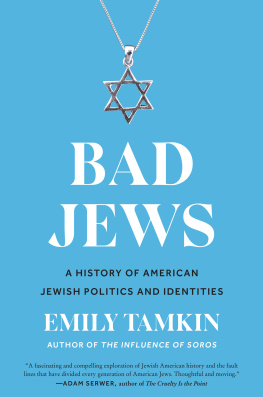
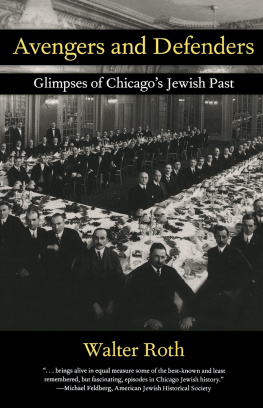
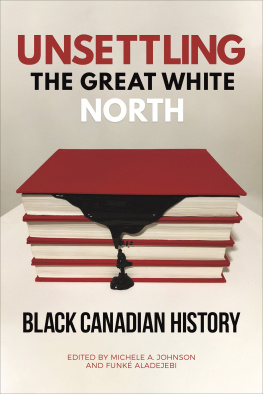
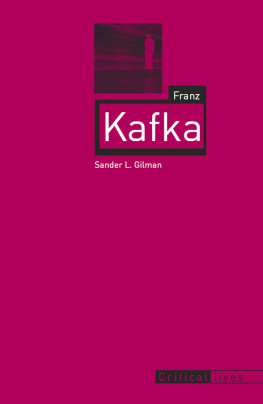
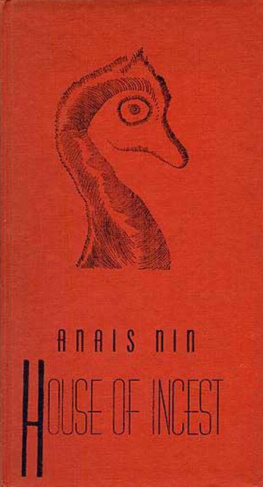



 The paper used in this publication meets the requirements of the American National Standard for Information SciencesPermanence of Paper for Printed Library Materials, ANSI Z39.48-1992.
The paper used in this publication meets the requirements of the American National Standard for Information SciencesPermanence of Paper for Printed Library Materials, ANSI Z39.48-1992.